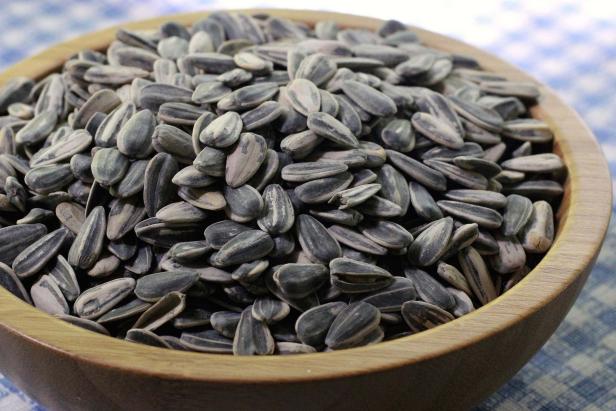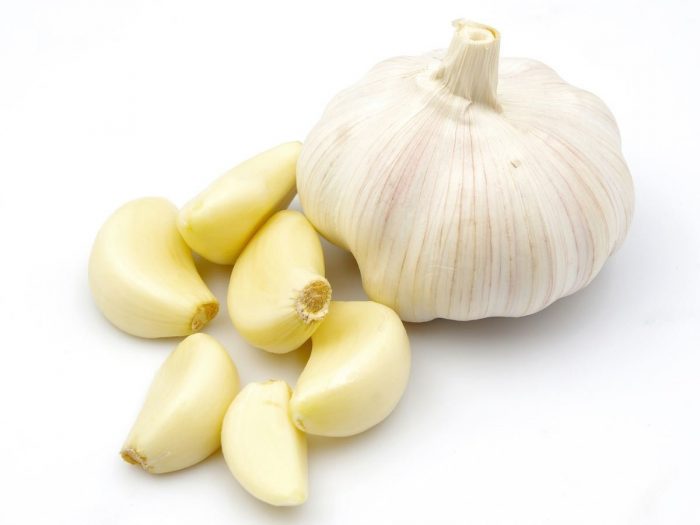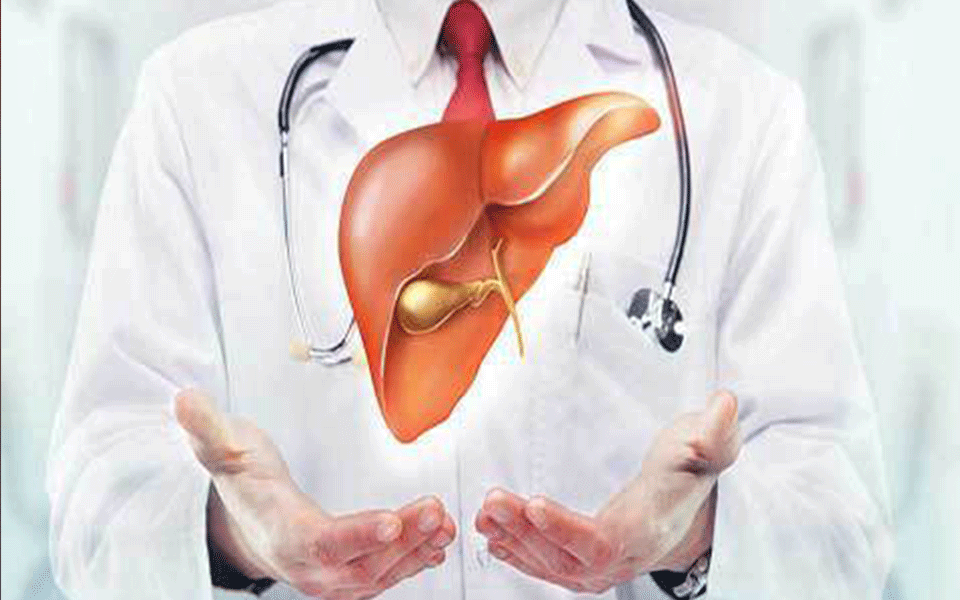New Delhi, April 26: According to the WHO, liver disease is the 10th most common cause of deaths in India. Gone are the days when liver disease was only associated with the consumption of alcohol. With the increased prevalence of obesity and metabolic diseases such as diabetes, non-alcoholic fatty liver, which leads to hepatitis and eventually cirrhosis, is an emerging problem.
More than a million new patients are diagnosed with liver cirrhosis every year globally, and the major causes for it are non-alcoholic fatty liver disease (NAFLD) and hepatitis B and C. Epidemiologic studies suggest the prevalence of NAFLD in nine per cent to 32 per cent of the general population in India.
Dr Palaniyamma D., Medical Advisor, The Himalaya Drug Company, says people who are overweight or obese and lead a sedentary lifestyle are at risk of NAFLD. The prevalence is especially common in those who eat highly processed food. The five best foods to be included in the diet to regulate this condition are:
Greens:
Green vegetables such as broccoli, spinach, cabbage, and sprouts help in general weight loss by preventing fat build-up in the liver.
Oatmeal:

Oats are packed with dietary fibre and help a person feel full for a longer period, thus serving as a filling breakfast or snack and increasing the body's energy levels.
Sunflower Seeds:

These seeds are high in the antioxidant vitamin E, which helps protect the liver from further damage, and are a healthy snack for munching in between meals.
Garlic:

This popular flavour-enhancing ingredient helps burn extra fat, which in turn helps in reducing weight.
Fish:

Rich in omega-3 fatty acid, fish is an excellent food that improves liver function and reduces inflammation.
If NAFLD is detected and managed at an early stage, it is possible to reduce the amount of fat in the liver and prevent the condition from worsening.
Adopting a healthy lifestyle is the first step towards managing NAFLD. Reducing weight, eating healthy, exercising moderately, and avoiding alcohol can reduce the risk of NAFLD. Consuming alcohol does not cause NAFLD, but it can worsen the condition.
Medicines can be useful in managing the symptoms associated with this condition. Using medications that have natural ingredients can restore the functional efficiency of the liver. Formulations containing natural ingredients such as The Caper Bush (Himsra) and Chicory (Kasani) improve the functional efficiency of the liver, protect the liver structure, boost liver health, and remove toxins from the body.
The liver carries out various functions that are critical for good health. It helps break down food, purify blood, build proteins, remove harmful substances, balance hormones, and store energy. Hence, it is advisable to consume a healthy diet and supplements containing herbal ingredients that help the liver metabolise foods, eliminate waste, and balance hormones.
Let the Truth be known. If you read VB and like VB, please be a VB Supporter and Help us deliver the Truth to one and all.
Ottawa (PTI): Three Indian nationals have been arrested by Canadian police on an anti-extortion patrol and charged after bullets were fired at a home.
Harjot Singh (21), Taranveer Singh (19) and Dayajeet Singh Billing (21) face one count each of discharging a firearm, and all have been remanded in custody until Thursday, the Surrey Police Service (SPS) said in a statement on Monday.
The suspects were arrested by patrol officers after an early morning report of shots fired and a small fire outside a home in Surrey's Crescent Beach neighbourhood, the LakelandToday reported.
On February 1, 2026, the SPS members were patrolling in Surrey’s Crescent Beach neighbourhood when reports came in of shots being fired and a small fire outside a residence near Crescent Road and 132 Street.
The three accused were arrested by SPS officers a short time later, the statement said.
SPS’s Major Crime Section took over the investigation, and the three men have now been charged with Criminal Code offences, it said.
All three have been charged with one count each of discharging a firearm into a place contrary to section 244.2(1)(a) of the Criminal Code.
The investigation is ongoing, and additional charges may be forthcoming. All three have been remanded in custody until February 5, 2026.
The SPS has confirmed they are all foreign nationals and has engaged the Canada Border Services Agency, it said.
One of the suspects suffered injuries, including two black eyes, the media report said.
Surrey police Staff Sgt. Lindsey Houghton said on Monday that the suspect had refused to comply with instructions to get out of the ride-share vehicle and started to "actively resist."
"As we were trained, he was taken to the ground and safely handcuffed," said Houghton.
A second suspect with a black eye was also injured in the arrest after refusing to comply, Houghton said.
The arresting officers were part of Project Assurance, an initiative that patrols neighbourhoods that have been targeted by extortion violence.
Houghton said the Canada Border Services Agency (CBSA) is also involved because the men are foreign nationals, and the trio may face additional charges.
It's not clear if the men are in the country on tourist visas, a study permit, or a work permit, but Houghton said CBSA has started its own investigation into the men's status.
Surrey has seen a number of shootings at homes and businesses over the last several months, but there's been an escalation since the new year.






